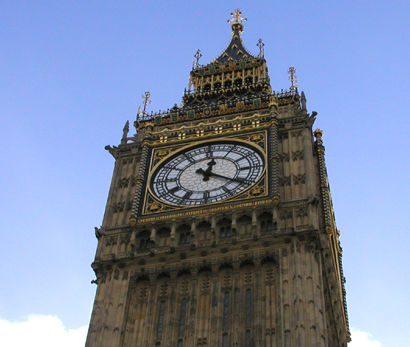THE COLLAPSE of the West Coast franchise last year was caused by a litter of 'basic errors', according to a new, sharply critical report from the House of Commons Public Accounts Committee.
FirstGroup were named as the winners in August, but the Department for Transport's calculations of risk -- and the amount which should be provided as a financial buffer by First -- were successfully challenged by runner-up Virgin Trains, which started formal High Court action.
The DfT defended its position for a while, but newly-appointed transport secretary Patrick McLoughlin withdrew the award and cancelled the competition on 3 October.
The Public Accounts Committee has reaffirmed that the collapse will cost taxpayers at least £50 million, most of which is a refund of the costs incurred by the four bidders.
Committee chairman Margaret Hodge said: "The franchising process was littered with basic errors. The department yet again failed to learn from previous disasters, like the Metronet contract. It failed to heed advice from its lawyers. It failed to respond appropriately to early warning signs that things were going wrong.
"Senior management did not have proper oversight of the project. Cuts in staffing and in consultancy budgets contributed to a lack of key skills.
"The project suffered from a lack of leadership. There was no single person responsible from beginning to end and, therefore, no one who had to live with the consequences of bad policy decisions.
"For three months, there was no single person in charge at all. Not only that, there was no senior civil servant in the team responsible for the work, despite the critical importance of this multi-billion pound franchise."
The DfT has already been criticised by the Laidlaw inquiry, which was commissioned from Centrica chief executive Sam Laidlaw..
A DfT spokesman said: "The independent Laidlaw inquiry published in December identified the unique and exceptional circumstances which led to failures in the West Coast franchising programme and crucially what steps the department should take to prevent this from happening again.
"The department has accepted all the recommendations and has taken immediate steps by bringing together all rail activity under a single director general and recruiting a senior director to lead the franchising programme, as well as improving internal governance and strengthening oversight and accountability.
"Not only will these reinforce the franchising process but will also protect rail infrastructure projects such as HS2 and electrification."
Virgin has now been given an interim management contract which can only run until November 2014, but the operator is currently negotiating with the DfT over the possibility of converting the present contract, which gives Virgin a flat 1 per cent of revenue, into a more conventional – although very short – franchise.


